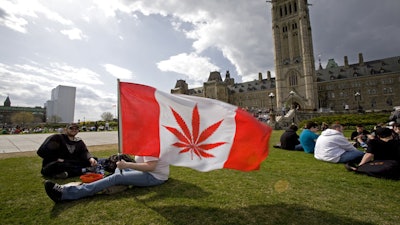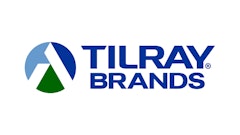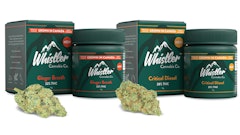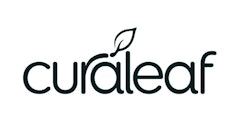
By Brian MacIver
U.S. cannabis growers who felt left out of their state’s regulation creation process now have the opportunity to help shape a national cannabis policy. Just not their own.
In late June, the Canadian government Task Force on Marijuana Legalization and Regulation asked for help to develop Canada’s recreational marijuana policy in the form of a discussion paper. Canadian citizens, not just those of voting age, as well as industry experts are welcomed to analyze the 27-page document and fill out a survey at the end of every section that will shape the country’s recreational cannabis policy. The “industry experts” category also includes U.S.-based growers, according to Luc Labelle, a Canadian government spokesperson.
“In order to provide the best possible advice to the Government of Canada, the Task Force is encouraging all those with views and experience in the areas being studied to participate in the online consultation, regardless of their location,” Labelle told Cannabis Business Times in an email.
Some of the topics up for discussion include minimizing harms of use, enforcing public safety and designing an effective distribution system.
But some experts north of 45 wonder how useful the survey answers are going to be, as Prime Minister Justin Trudeau already seems to have his heart set on a few points. During an interview with French-Canadian newspaper La Presse, he said he was in favor of having recreational cannabis sold at the provincially run liquor stores.
“If adults can freely buy marijuana in places like the SAQ [Quebec's provincially run liquor stores], pushers will no longer have the capacity to sell it to adults, and only selling it to young people will be both risky and less profitable,” Trudeau said in the interview in February.
But such a system shouldn’t be forced upon the provinces, according to NORML Canada’s Executive Director Craig Jones. “I think it really should devolve to the provinces to figure out what is the best model of distribution for the incredible variety of settings in which they intend to vend.”
The Canadian government also tipped its hand as to how it will approach recreational cannabis legalization in its selection of Task Force members: a former Attorney General and Minister of Justice, drug policy researchers, public safety officials (including former police officers), mental health experts and only one doctor with expertise in pain management and cannabinoids.
No representatives of Canada’ strong medical producer network were invited as members of the Task Force. Although Jones is not fazed by it.
“The industry doesn’t come in the front door,” he says, “They have so many points of access in the parliamentary system. … They don’t really need to be attending, although for legitimization purposes they want to be around the table.”
Despite Prime Minister Trudeau’s propositions and the makeup of the Task Force, “no decisions on any aspect of the design of a new system have been made,” says Health Canada Media Relations Chief Eric Morissette.
Ultimately, “this survey just might be a way to appease the people,” says Jones, “but having as many people answer it as possible definitely can’t hurt.”
Photo at top: Activists gather once a year in the capital, on Parliament Hill to consume cannabis and protest laws regarding it. (© Intoit | Dreamstime.com - 420 Parliament Hill - Marijuana Activists Photo)






















